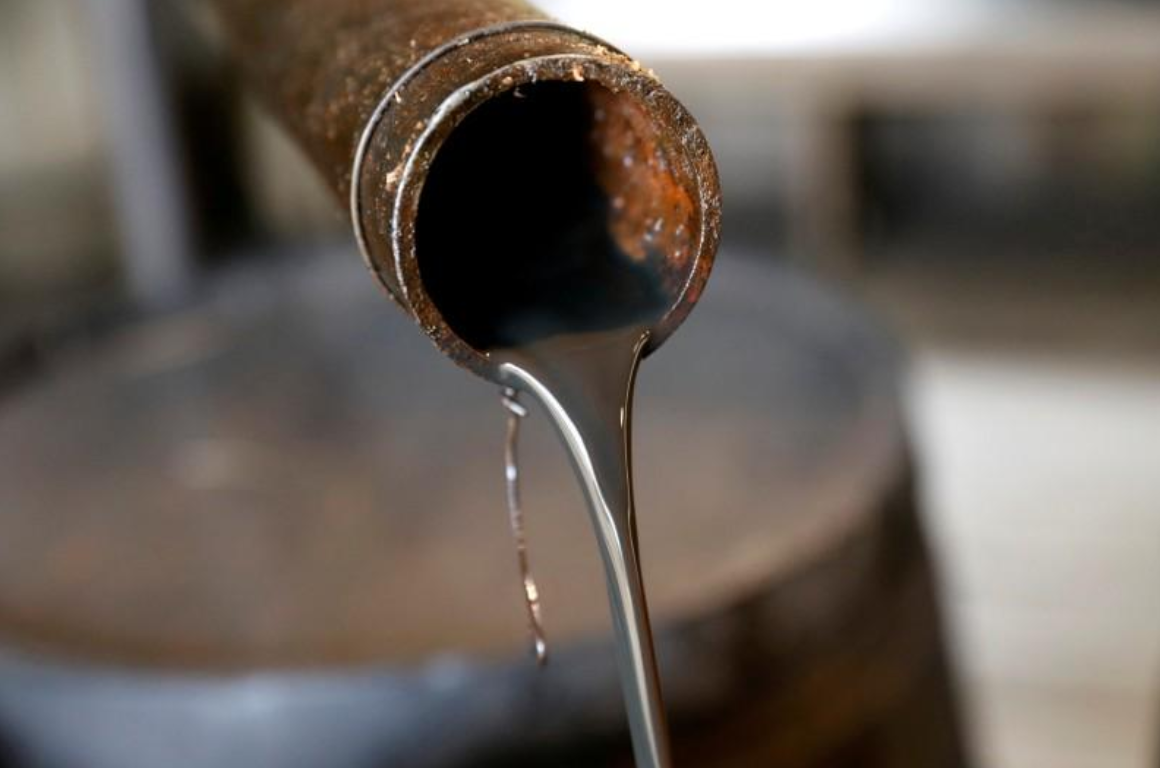On 4 December, 30-year-old blogger-activist Karim Mohamed Reda was dismissed from his job at state-owned petroleum firm Petrotrade for attempting to found a trade union for company employees.
Established in 2001, Petrotrade is directly affiliated with the Petroleum Ministry, boasting nearly 40 branch offices throughout the country. Also known as the Petroleum Trading Service Company, its primary service is the collection of gas-utility bills from customers. Ever since its inception, Petrotrade has resisted the unionization of its employees.
Ahead of Reda’s dismissal, company management had punitively relocated him in October from his workplace in Abbasia to far-off Ain Shams. The following month, he received a notice informing him that his contract would not be renewed.
Reda had been vocal in his demands for the establishment of a trade union for Petrotrade’s 18,000 employees. He has also been active in demanding the halt of natural gas exports to Israel.
Reda has been posting information on his blog, Sarrkha–or "Scream"–and on Facebook groups, in which he describes Petrotrade’s "squandering of public resources" and "financial mismanagement.”
Reda is a former member of Ayman Nour’s Ghad Party and is still an active member of the Kefaya pro-democracy movement. In 2006, he was jailed for two months for participating in street protests demanding the independence of the judiciary.
“I’m not a leftist. I identify myself as a liberal opposition activist," Reda told Al-Masry Al-Youm. "However, my activism within the company was based on professional demands, not political ones.”
“I conferred with a number of labor lawyers regarding the legality and feasibility of establishing a trade union for company employees and workers," he added. "They told me that this was entirely in keeping with the law. They even laughed at me, saying ‘it’s not like you’re trying to establish a paramilitary organization.’”
Reda therefore began contacting employees from other company branches.
“Colleagues from numerous branches expressed considerable interest in establishing a trade union or local trade union committees,” Reda recalled. "So company officials called me a ‘politicized trouble-maker’ and a ‘slacker.’”
Reda began working at Petrotrade in December 2007 for which he received clearance from State Security police, since the company is considered "a sensitive and strategic operation,” he said.
“I received clearance, but the company has a policy of employing its new workers on short-term contracts, automatically renewed every month if the employee abides by administration dictates," he said. "As a precondition for employment, we have to sign undated resignation letters, meaning that workers and employees can be dismissed anytime without explanation.”
Petrotrade Administrative President Wafiq Zaghloul could not be reached for comment. Attempts to contact Petrotrade’s deputy managing director of Cairo offices, Nehad el-Mandili, likewise met with failure.
Reda cited several factors which he believes led to his dismissal.
“On my blog and on Facebook groups, I clearly pointed out that–under the existing administration–the company suffers from corruption, nepotism, favoritism and financial mismanagement on a massive scale," he said. "Millions of pounds are squandered on mobilizing company employees to attend football matches played by company teams affiliated to or funded by the Petroleum Ministry. Millions more are squandered on these teams.
“I’m not against football, but we don’t even have adequate chairs and desks in our offices," Reda added. “Such serious financial mismanagement should be addressed. But instead of addressing these problems, the administration sees me as the problem.”
According to a statement issued in Reda’s support, the Arabic Network for Human Rights Information (ANHRI) requested that the government “stop the persecution of bloggers and respect their right to criticize. ANHRI denounces all career-threatening measures taken by the government against bloggers.”
The statement goes on to describe Reda’s dismissal as "the latest government tactic to silence bloggers–along with arrest, abduction, torture, travel bans and seizure of personal computers.”
Reda has also frequently participated in campaigns aimed at halting the export of subsidized Egyptian gas to Israel. During an anti-gas export rally in May held outside Cairo’s State Council Court, he was roughed up and briefly detained by security forces.
Perhaps most contentiously, Reda has urged Egyptian citizens to refrain from paying their gas bills until the government halts all gas exports to Israel. According to Reda and activists Egypt is losing billions annually by selling Israel natural gas at subsidized rates, according to a controvertial agreement initially signed in mid 2005.
“If you’re a typical citizen living in a residential building, then the gas companies can’t cut off your gas if you don’t pay the bills," he said. "At least not without a court order, and these can take years to be issued.”
On 7 December, Reda took part in a demonstration outside the headquarters of the state-run Egyptian Trade Union Federation. The event was organized to protest the recent punitive dismissal of dozens of workers–including himself–from their jobs.
Nevertheless, Reda does not expect to be reinstated at his job at Petrotrade any time soon. Although he had planned to get engaged this year, his current circumstances have forced him to put these plans on hold–if not to forget them altogether.


